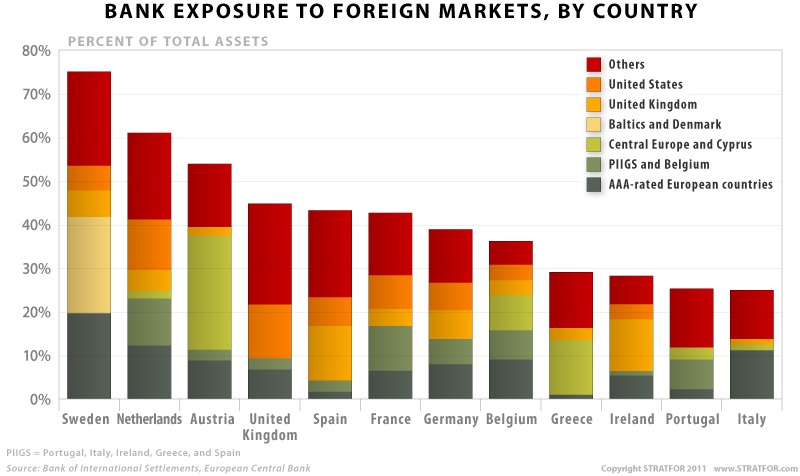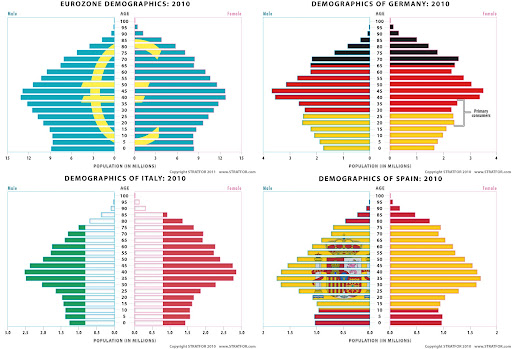I'm not at all happy to note the changing reactions by many commentators to the injury of a former Marine during the 'Occupy Wall Street'-related protest in Oakland, CA. The story is
here.
Scott Olsen, a 24-year-old Marine who served two tours of duty in Iraq, stood calmly in front of a police line as tear gas canisters that officers shot into the Occupy Oakland protest Tuesday night whizzed past his head.
"He was standing perfectly still, provoking no one," said Raleigh Latham, an Oakland filmmaker shooting footage of the confrontation between police and hundreds of protesters at 14th Street and Broadway. "If something didn't hit him directly in the face, then it went off close to his head and knocked him down."
The something was a projectile that apparently came from police lines, fractured Olsen's skull and put him in Highland General Hospital.
. . .
Olsen's injury added to the national attention focused on Occupy Oakland in the aftermath of the repeated police tear-gassing of protesters Tuesday. In Las Vegas, protesters projected a photo of the Marine in uniform onto the corrugated-metal side of a building at their camp, the Associated Press reported. Vigils for Olsen were planned at Occupy sites in other cities.
. . .
While Olsen lay wounded in the street, other protesters rushed to his aid. Video footage appears to show an officer tossing another canister toward the group helping him.
One protester can be heard screaming "What the f-" at police as the device emits a loud bang, while a demonstrator angrily pounds his sign on the street. The group eventually carried Olsen away.
There's
more at the link.
Quite rightly, bloggers and commentators on all sides of the political spectrum have condemned the Oakland police for apparently deliberately aiming a teargas projectile at Olsen's head - something expressly forbidden in their standard operating procedures, and by the manufacturers of such projectiles, because of the risk of dangerous injury. To make matters worse, while he lay on the ground, critically injured, another police officer hurled what appears to have been either a
tear gas or
stun or
sting grenade, which exploded right next to his head, further injuring him. The whole incident has been captured on video, which will doubtless be very useful in the lawsuits that are certain to follow. Here's just one of the clips circulating on the Internet.
What upsets me is the reaction from conservative commentators once it emerged that Olsen was not your average Marine veteran. According to
Gateway Pundit:
Scott Olsen, the former Marine who was injured while rioting in Oakland on Wednesday night, is the founder of I Hate the Marine Corps.
. . .
Verum Serum added this comment by Scott on his facebook page.
The Marine Corps thrives on its image. They convince young men and women that they’re joining a professional military organization. But that’s not the case at all, every Marine knows it, and most have no problem downplaying the bullshit to outsiders so they can protect their “beloved corps”. I noticed some of the other posters have told you not to pay any attention to my site because we’re just a bunch of ********* who couldn’t hack it, right? Maybe not hacking it means we saw through the bullshit and don’t want to take it. Maybe the brainwashing didn’t work on us. I’m not here to tell you if you should join or not. I’m here to advise you to take the people who visit my website just as seriously as anybody who tries to sell you the MC as a good thing.
My site is anonymous, these people don’t have to worry about hiding from the MC, or protecting the MC’s image or anything. It is unfiltered truth.
Source(s):
Former Marine, owner of http://www.ihatethemarinecorps.com
No wonder the lefties love him!
Again,
more at the link.
Now, I don't agree with Mr. Olsen's position on the Marine Corps, and probably about many other things as well. Nevertheless,
he has the absolute right, in a free society, to believe as he wishes, and to propagate his beliefs as well. Those rights (among others) are what the Marine Corps itself seeks to uphold and defend for all of us. Furthermore, irrespective of his political opinions, he appears to have been the victim of police brutality in the classic sense of that term - unwarranted, excessive violence delivered in a way calculated to inflict severe injury or death, rather than merely control a tense situation. That, at least, is the way it comes across after viewing video clips of the incident. Ultimately, of course, a court of law will have to decide the rights and wrongs of the situation.
That being the case, why are some conservative commentators, who expressed outrage over the actions of the Oakland police, reversing themselves after discovering Mr. Olsen's anti-Marine views? Why are they suddenly distancing themselves from him, and denouncing him in terms normally reserved for traitors? If we support the USA as a nation of laws, where our Constitutional rights and protections mean something, surely we should be arguing for them to be enjoyed by Mr. Olsen every bit as much as we want to enjoy them too? If we can't or won't defend equality before the law, then aren't we being hypocrites?
Sometimes I despair at people's partisan blindness.
Truth is truth. It's universal, non-situational, applying to everyone. It doesn't matter whether we agree with it, or don't like those who benefit from it. If we're prepared to defend the truth only selectively, then why should we be surprised or offended or upset if it's only selectively applied to
us and to
our interests? And won't we have forfeited our right to complain if and when that happens?
Peter


















